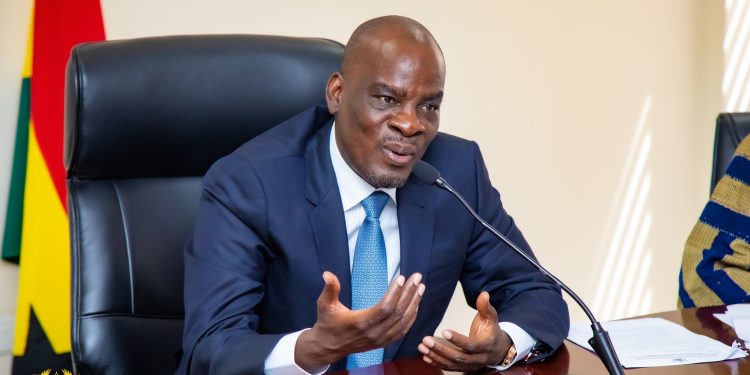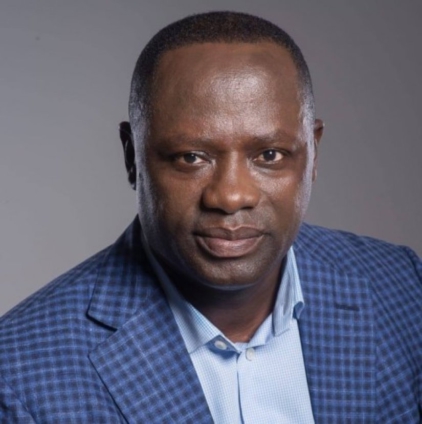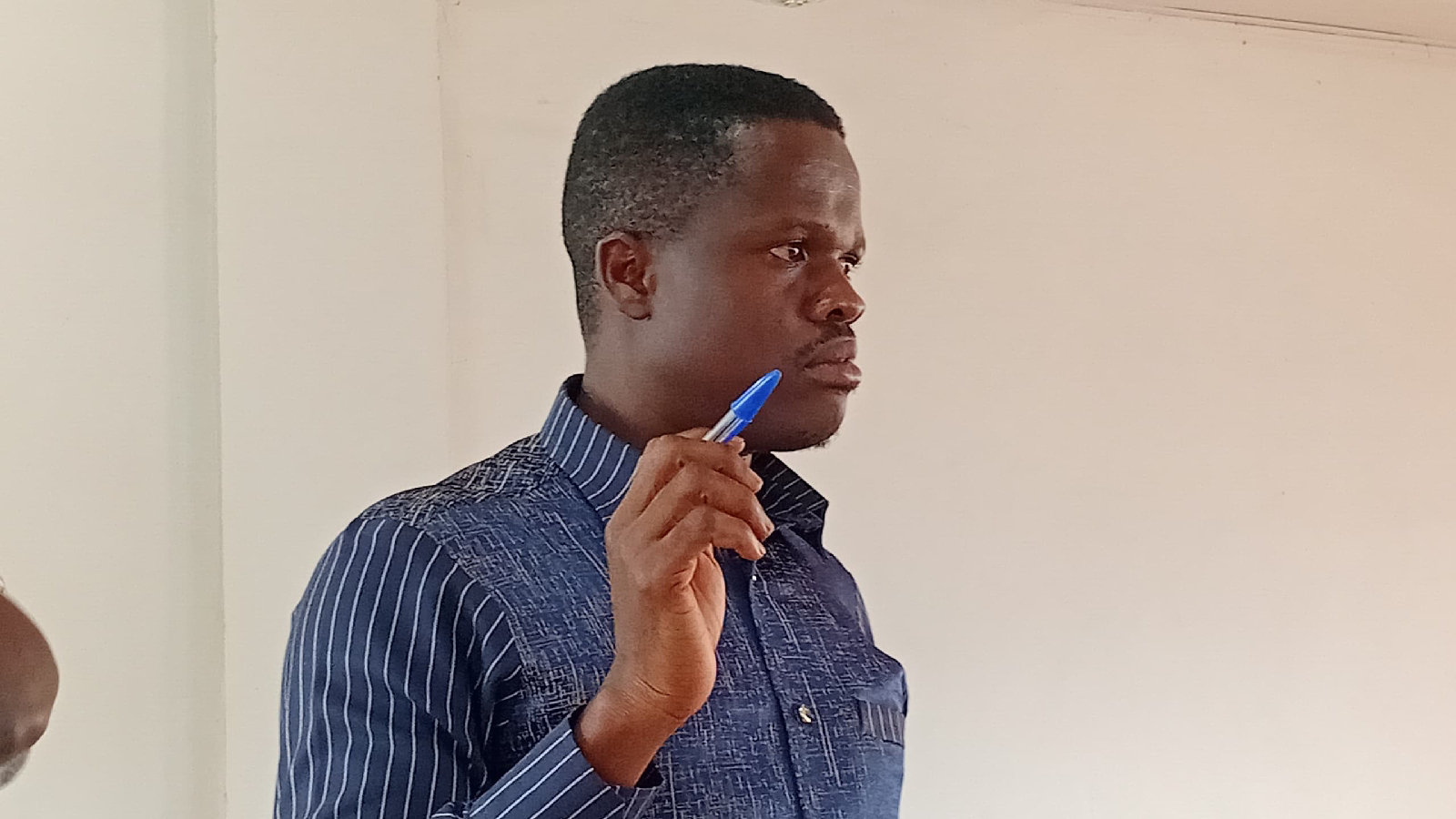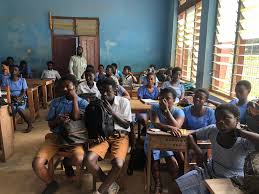According to Education Minister, Haruna Iddrisu, Ghana is on the cusp of securing major international support to bolster its Technical and Vocational Education and Training (TVET) sector, as the government finalizes a funding agreement with Italy.
Speaking at the inauguration of the 2025 TVET Committee in Accra, Hon. Iddrisu said the deal with the Italian government could be concluded within the next two weeks. The agreement is part of a broader push to enhance job-ready skills among young people and expand opportunities across the country.
“I just returned from an international engagement, and I have received assurances from state parties and bilateral partners who are eager to support technical and vocational education in Ghana,” the Minister said.
“I believe that in the coming days, we will receive some good news from the government and people of Italy regarding support for one or two key TVET initiatives.”
The move signals renewed momentum behind Ghana’s skills development agenda, which government officials say is critical to tackling youth unemployment and ensuring long-term economic stability.
Hon. Iddrisu stressed that TVET must not be viewed as a second-tier option, but as a practical path toward meaningful employment, even for academically strong students who may lack hands-on skills.
“TVET is not a last resort. It’s a vital tool for transforming lives. Many academically gifted students may lack practical competencies and that’s where TVET steps in,” he said.
The Minister also confirmed that President John Mahama has approved the continuation of several infrastructure projects tied to the TVET sector. These include the expansion and upgrade of training facilities through existing government-endorsed partnerships.
“What we need is consistent investment in TVET infrastructure, and I am pleased to inform you that the President has granted approval for the continuation of these schools under approved government partnerships and projects,” Hon. Iddrisu added.
The upcoming partnership with Italy is expected to support both technical training and equipment upgrades, aligning with Ghana’s broader goal to modernise education and create sustainable jobs in manufacturing, engineering, and other skill-intensive sectors.













